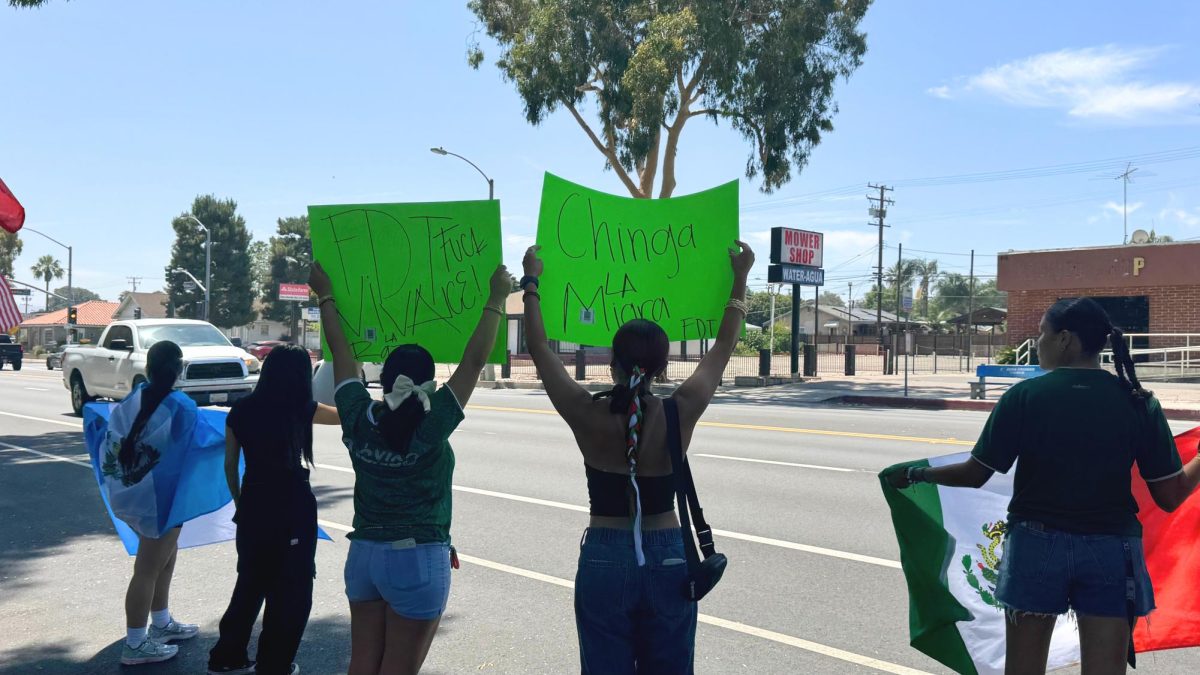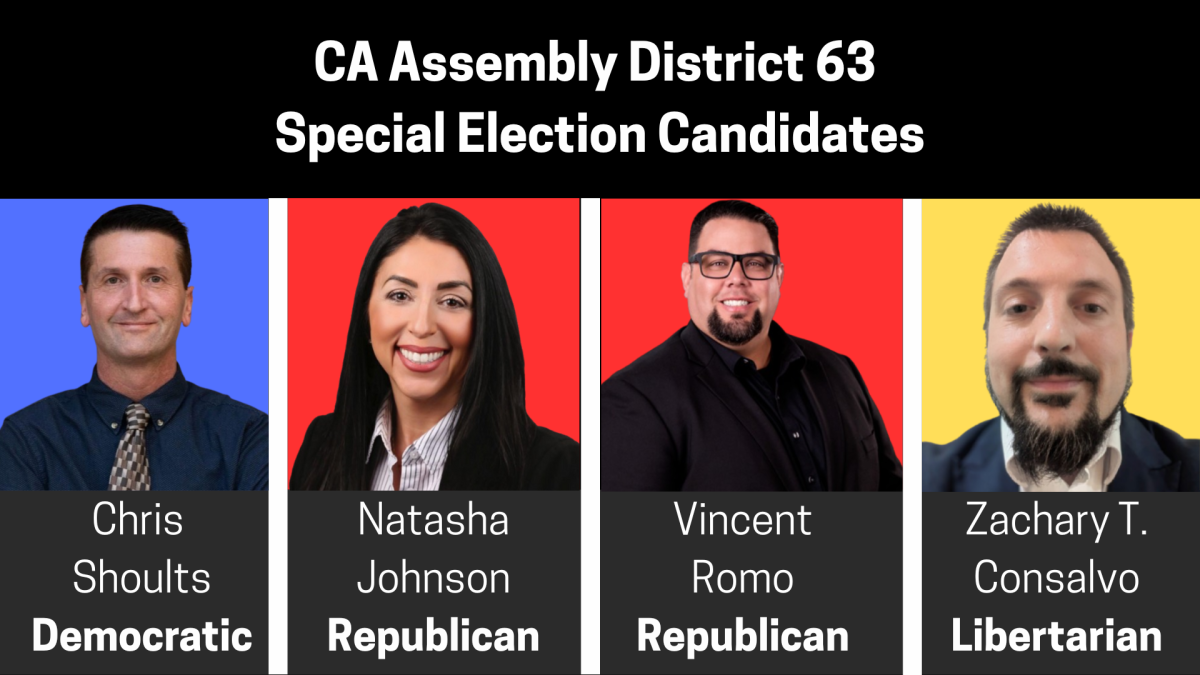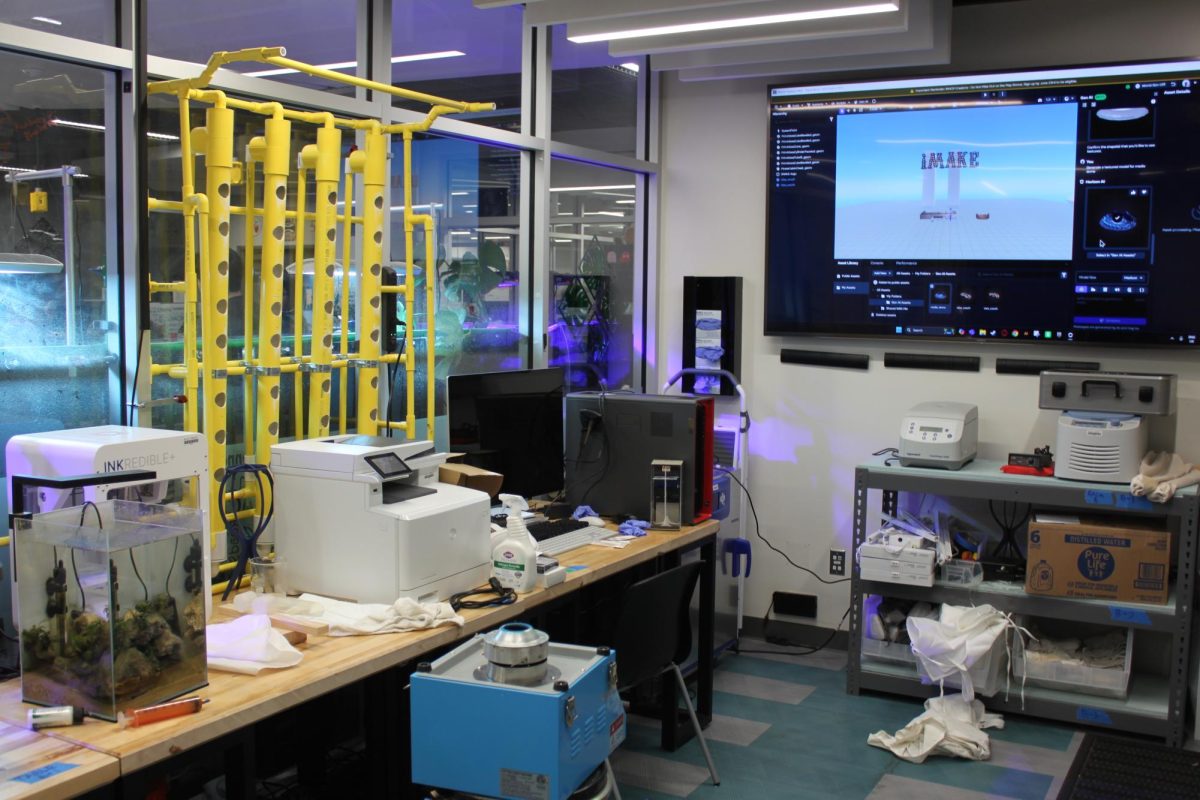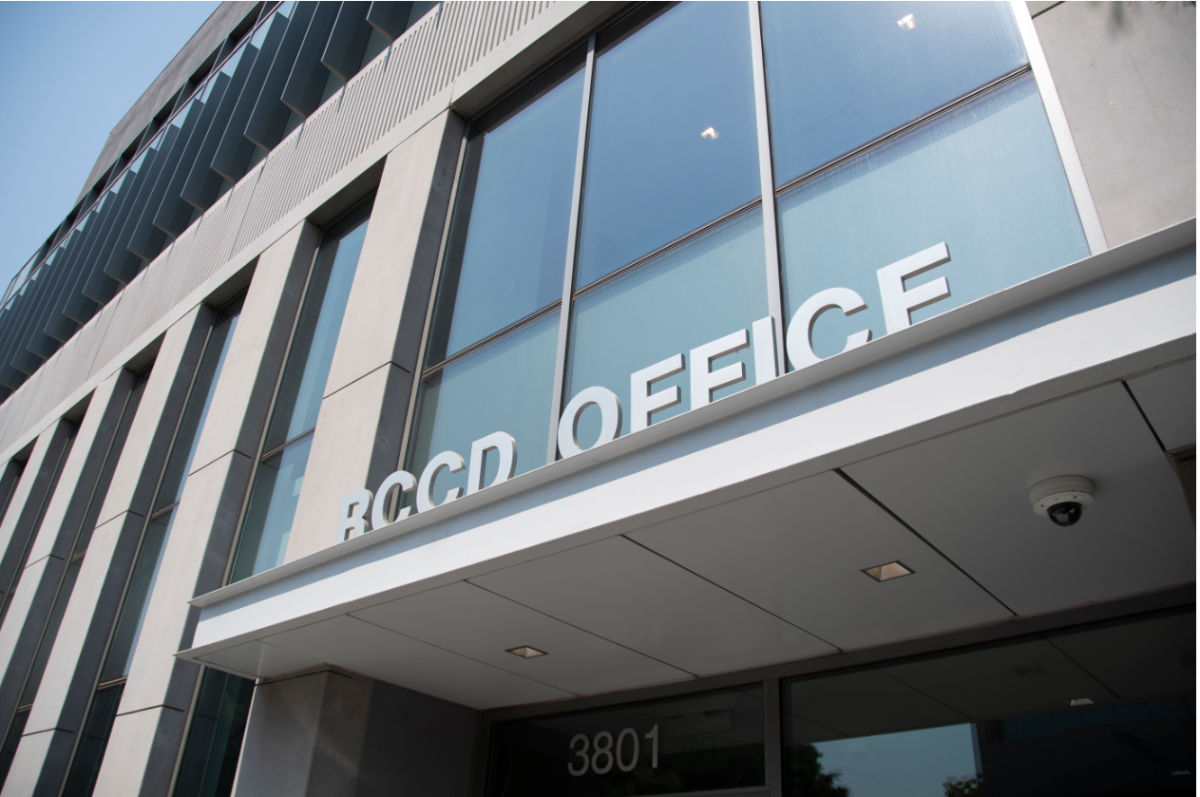Correction: Chancellor Sonia Christian was corrected to Chancellor of the Community Colleges Sonia Christian.
Chancellor of the Community Colleges Sonia Christian chaired the first Student Media Teleconference of the 2024-2025 academic year. The aim of the event was to inform student journalists about important policies that would impact the 116 community colleges in the state. Held on October 2, 2024, it marked the start of the academic year’s media outreach by the California Community Colleges Chancellor’s Office.
In her opening comments, Chancellor Christian emphasized California’s Indigenous lands and peoples and the community colleges’ dedication to developing mutually beneficial connections with tribal nations. She highlighted the recent 52nd California Native American Day ceremony honoring Native American achievements and culture at the State Capitol in Sacramento.
Chancellor Christian subsequently highlighted important upcoming community college events. One of the key upcoming events discussed was Undocumented Student Action Week, scheduled for Oct. 14-18. The theme, “Education and Career UndocuDreams Made Possible,” highlights the importance of advocating for undocumented students. The week-long event will include webinars and campus activities focused on raising awareness of the challenges faced by undocumented students and offering resources to support their success. Chancellor Christian also encouraged participation in an in-person event at Woodland Community College on Oct. 18.
In honor of Hispanic Heritage Month, Chancellor Christian also underlined the contributions made by Latinx and Hispanic people and communities to the state and country. She listed notable alumni of California Community College including former Los Angeles Mayor Antonio Villaraigosa, co-founder of UFW, Frank Cruz, co-founder of Telemundo and Dolores Huerta. Colleges were urged to market their Hispanic Heritage Month events and help Hispanic students all year long.
Students were also reminded by Chancellor Christian of important transfer deadlines. There is a deadline to apply to the University of California (UC) and California State University (CSU) systems on Nov. 30 for students transferring in the fall 2025. Her main focus was on the Associate Degree for Transfer (ADT) program, which offers a pathway to admission to CSU, HBCUs (Historically Black Colleges and Universities) and other related colleges. She advised students to get additional information from the “I Can Go To College” website and to get help by contacting their college transfer offices.
Late start enrollment was also praised as a flexible solution for students who missed the initial deadlines or needed additional time to register. Interested students can visit the “I Can Go To College” website to get more information about the collaborating universities and events.
Addressing the Community College Baccalaureate Degree Program, Chancellor Christian noted its role in offering reasonably priced bachelor’s degrees for community college attendees. Beginning as a pilot in 2014 and now growing, the initiative lets local universities provide reasonably priced bachelor’s degrees in fields that fit the needs of the employment market. The Chancellor stated that the four new bachelor degree programs, authorized by the Board of Governors, would significantly increase students’ possibilities.
In line with this, Chancellor Christian underlined the California Apprenticeship Initiative, which targets sectors like technology, education and healthcare. The initiative aims to provide Californians opportunities and improve equity with $30 million in financing for the current fiscal year. Specifically mentioned was the vocational Routes Demonstration Project, which gives students clear paths by converting vocational experiences into college credits.
Before concluding her speech and commencing the question-and-answer session, Chancellor Christian took a moment to honor Titawny Cook, a student journalist from Chabot College who tragically lost his life while reporting on the war in Ukraine. Cook was recognized for his bravery and commitment to the truth.
During the Q&A, several key issues were raised. One question focused on media coverage of minors in dual enrollment, prompting Chancellor Christian to talk about the importance of safety protocols between high schools and colleges, with Vice Chancellor Paul Feist suggesting collaboration with Public Information Officers. Another question focused on Vision 2030 updates, namely on equality, homelessness and unemployment. The community also voiced their concerns over non-community members on campusesIn response, the chancellor stressed the need for safety procedures. Chancellor Christian finally discussed a future “State of the System” report that tracks progress on equitable issues, such as food hunger and mental health.
Members of the board also questioned the status of AB 2683, which requires sexual harassment education for students, and further information was requested. The defeat of Senate Bill 895 and AB 2110, which sought to increase the number of nursing baccalaureate programs, raised concerns. In response, Chancellor Christian expressed sadness and emphasized the need of providing nursing education at a reasonable cost. Finally, a question about the veto of AB 227, which aimed to boost the duties of part-time faculty members, was posed. The Chancellor ended the Q&A segment of the teleconference by acknowledging the necessity to assist faculty despite enrollment increases.
The second season of the “Educate Elevate” podcast was advertised as the teleconference came to a close. The podcast, which includes student testimonials and professional guidance, promotes Black and African American students to pursue education at California Community Colleges. It may be found on websites like Podbean, Apple Podcasts, Spotify and YouTube.












